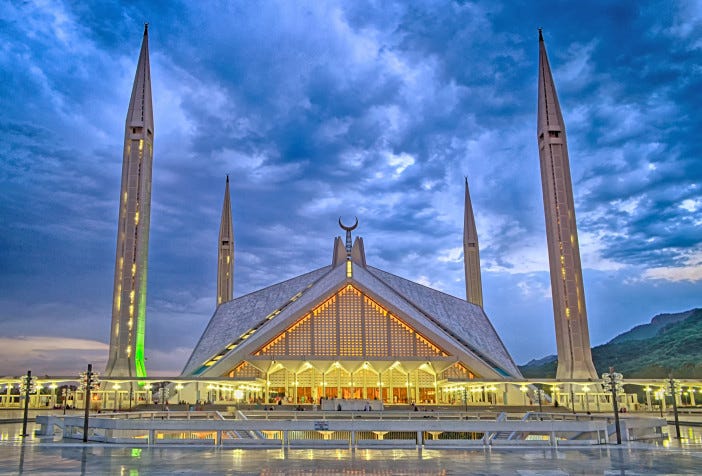Ecosystem Deep Dives #8: Pakistan - Hockey Stick Growth
Having long lagged between regional behemoth Indonesia, Pakistan's start-up scene is catching up fast.

VC Tsunami
Despite having characteristics similar to other highly "start-up active" countries such as Nigeria and Indonesia, the Pakistani start-up scene had so far lagged behind as a result of a multitude of factors, from outdated legislation, lower GDP per capita, and a rough security situation. In very recent years however, the Pakistani start-up ecosystem has embarked on a so-called "hockey stick growth", a type of fictitious growth pre-revenue start-ups promise their seed investors. The difference is that in Pakistan's case, the hockey-stick growth is real.
Consider this: in the first three quarters of 2021, Pakistani start-ups have raised $244 million, more money than the six previous years combined. While the Pakistani start-up ecosystem has been around since around 2012, with companies such as Daraz leading the charge back in the day, it is only recently that Pakistan has started making a place for itself in the "explosively hot emerging markets" category. The recent Pakistani start-up craze and subsequent growth can be attributed to three main factors: a demographic goldmine, grossly under-tapped opportunities in almost all sectors, as well as an already relatively diverse and internationally-focused fundraising ecosystem.


